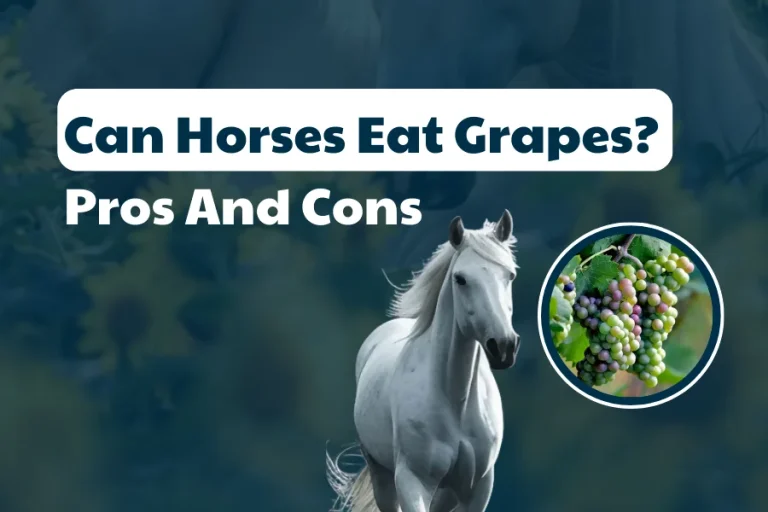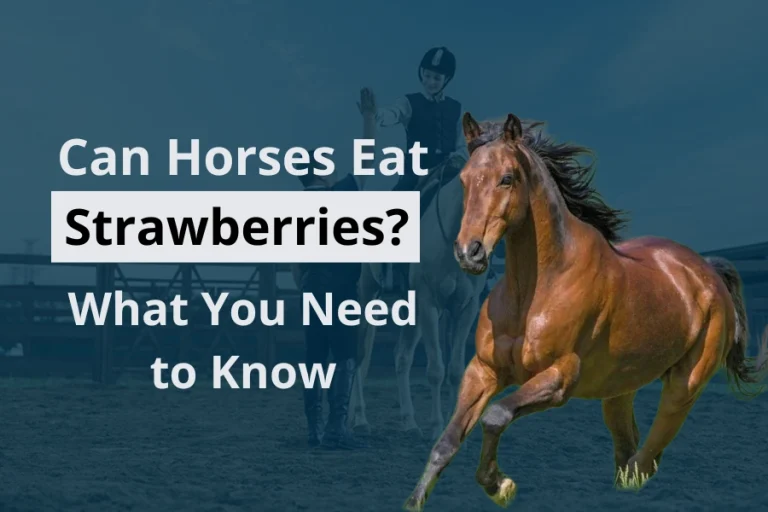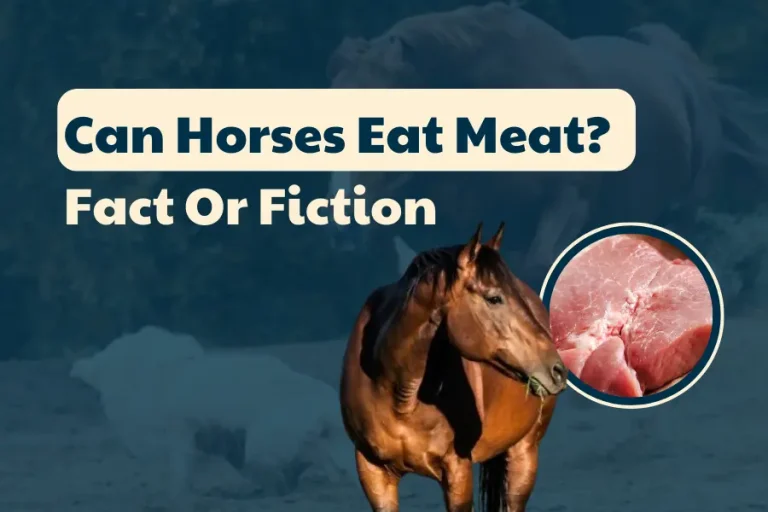Can Horses Eat Cucumber? Unlock the Mystery
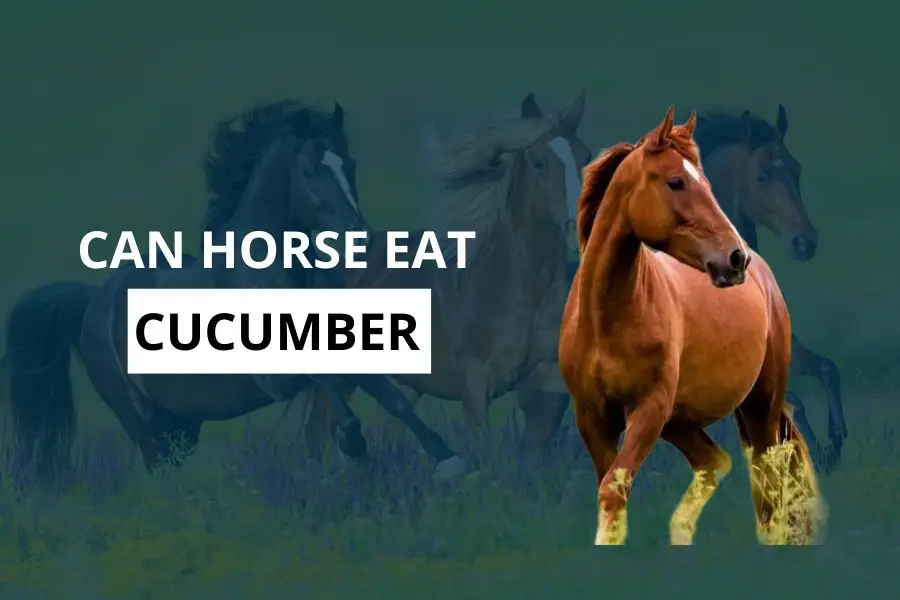
Most people who own horses attempt to feed their horses with various fruits and vegetables including carrots, grapes and apples among others. A common question that horse owners and lovers ask is: “Can horses eat cumber?” Cucumber is a vegetable that is refreshing, crisp and contains largely water thus makes many people think of offering it to their horses.
In this case, let us consider the information provided about cucumbers and draw a conclusion as to whether it is safe to feed horses with this product.
Can Horses Eat Cucumber?
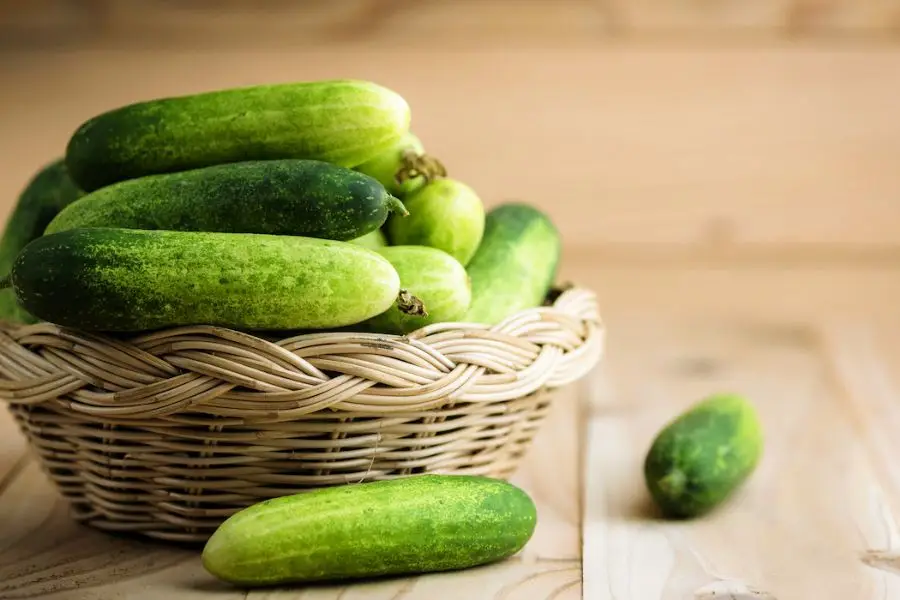
Yes, cucumbers are safe for horses and should be fed in small quantities. There are vitamins A, K, and C and potassium are present in them. Besides, the skin of cucumber contains dietary fiber for the horse, as it is a natural part of the skin.
It’s better to use organic or homegrown cucumbers. Store-bought cucumbers might have chemicals that could harm your horse.
Yet, it is now thought that horse’s natural diet is hay and grass as these are perfect for their digestion. Cucumbers might be fed to the horses but should not exceed 10% of the total amount of feed given to the horse to prevent compromising the horse’s health.

